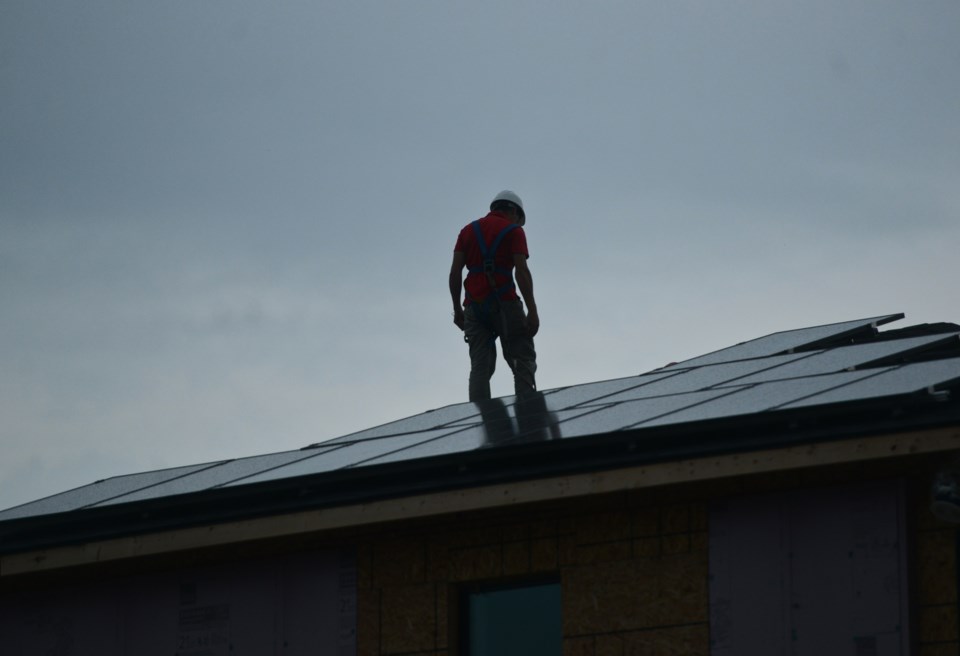With an approved $10 million loan and $5 million grant, city staff is on its way to developing the Property Assessed Clean Energy program, also known as PACE.
Through the program, residents can borrow money from the city through PACE to make property improvements that are energy efficient, such as better insulation, installation of solar panels and carbon-free electric heating. The borrowed money is expected to be repaid over as much as 30 years through property tax bills.
On Monday’s committee of the whole meeting, city council passed a motion with the recommendations to finalize the funding opportunity that includes a loan of $10 million and a grant of up to $5 million for a residential PACE program through the Federation of Canadian Municipalities through the Community Efficiency Funding of the Green Municipal Fund.
It also recommended that the city’s financial contribution to the PACE program of up to $3.5 million be funded from the 100 Renewable Energy Reserve Fund and that the funding obligation be incorporated into future City budgets or apportioned from other funding opportunities.
Staff is also directed to draft the appropriate by-laws required for a PACE program and bring those forward to a future council meeting for approval. Staff recommendations and resolutions are to be brought forward to the Council meeting on Feb. 28 for final ratification and adoption.
At the meeting, Antti Vilkko, general manager of facilities and energy management, said developing the details of the PACE program requires work such as dedicating staff resources, a program manager for program design, implementation, finance resources and assisting in the program development.
“These new staff positions to administer the program would be funded through the FCM grant for the initial four years; however, there is a need to keep some core resources for this program through its entire 30-year lifespan, and this will fall to the municipal tax base,” said Vilkko.
“Once all the program details are established and related bylaws are in place the PACE program can be brought to market given the recent commitment to Race to Zero from Council. Programs like PACE are one of the ways that can help the residential sector community members in achieving greenhouse gas emission reduction in order to meet community environmental goals.”
